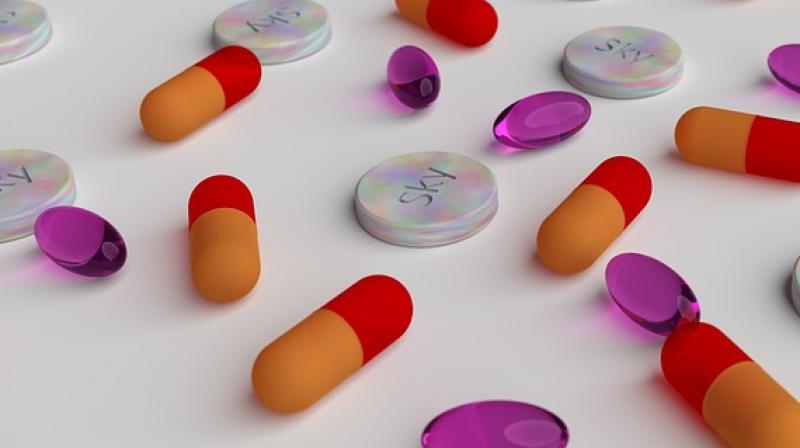Anti-depressants find way into fields, ponds
These drugs are partially soluble, escape treatment.

HYDERABAD: Psychoactive drugs used to treat anxiety and depression often find their way into wastewater, and sometimes water supply. These drugs are partially soluble and have very small particle sizes, which is why they escape treatment at pharmaceutical wastewater treatment plants.
According to a study conducted by the Univ-ersity of Johannesburg, the only way to treat these drugs, to ensure that they do not enter the water supply, is through the use of a new technology that utilises titanium dioxide nanofibers.
So far, there has been no low-cost, efficient method for the removal of such drugs from the water. According to the results of a study conducted by the Rio De Janeiro State University, the levels of psychoactive drugs remain constant before and after the treatment of wastewater using traditional methods.
Dr Shyam Sunil, a groundwater researcher, says, “The findings are shocking. If we are unable to remove psychoactive drugs from the water, it means that the current methods of treatment cater to the removal of other chemicals, but not diazepam and similar drugs.”
Medical experts say that the abuse of such drugs is one of the main reasons why they are found in water bodies in significant amounts. They say that the drugs are prescribed to treat anxiety disorders and control mood triggers. Many people are not aware of the repercussions of abusing them.
The presence of these drugs in wastewater is harmful not just to humans, but also to aquatic species. Zoology professor Dr Elsamma L., says, “Various studies have looked into the effect of psychoactive drugs on fish. It has been found that they cause behavioural changes in animals. They become more calm and relaxed, which makes them more susceptible to falling prey to other animals.”
The term “antidepressant pollution” has been coined to address the problems caused by these drugs to aquatic life.

